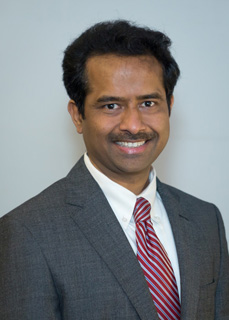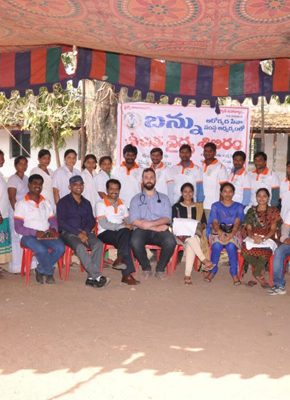Home // Who We Are

The story behind the name "Bannu"
The name Bannu is that of Dr. Charanjit Reddy’s sweet mother Mrs. Veeramalla Padmaja garu (Bannu), to whom he owes his passion to serve rural areas and the kids with intellectual disabilities. She always wanted to serve the health care needs of the poor in tribal areas, and is always an inspiring figure.




Bannu is a nonprofit organization registered in India in Dec, 2013 as well as registered as “Bannu INC” in US in Sep, 2011 founded by Dr.Charanjith Reddy.
Dr.Charanjith Reddy a native of Warangal city highly qualified having MBBS, MD(US), MBA(Hospital Management) and a practicing Internal Medicine in US past 15 years. A Visionary with a cause for the betterment of the underprivileged segment of the society.
Bannu is an organization that strives to make positive and lasting contributions in rural areas of India, particularly within the fields of Health and Education.

Access to healthcare is something that most individuals living in developed countries take for granted. Having the resources and supplies necessary to receive needed care is not an issue that we often worry about. The same cannot be said for many of the countries located on the Indian continent and other underserved regions of the world. In many of these locations, the health care services is so costly that the poor people cannot afford it and only those who have enough financial resources are able to get the care necessary for their survival.
India remains one of the unhealthiest places on earth. Millions of people still suffer from diseases and ailments that simply no longer exist almost anywhere else on the planet. Four out of five children are anemic. Almost one in four women who give birth receives no antenatal care. What makes the picture even bleaker is the fact that India's economic boom has had, so far at least, little impact on health standards. In the five years between 2001 and 2006 India's economy grew almost 50%, the country's biggest expansion in decades. Meantime, its child-malnutrition rate, a number that measures the percentage of children under 3 who are moderately or severely underweight, dropped just a single percentage point, to 46%. That's worse than in most African countries, and means almost half India's children remain at risk of "health problems such as stunted growth, mental retardation, and increased susceptibility to infectious diseases," according to the most recent National Family Health Survey, a study of more than 2,30,000 people, from which the figures are taken.
A common measurement for a country’s ability to adequately provide healthcare for their citizens is the number of hospital beds per 1,000 people. This measurement includes inpatient beds available in public, private, general, and specialized hospitals and rehabilitation centers. In most cases beds for both acute and chronic care are included. The global average for hospital beds per 1,000 people is 3.6. When taking a survey of various countries around the world, India falls well below this mark with supplying 0.3 beds per people.
The problems of insufficient health care in these countries is compounded by the fact that throughout India rates of malaria, HIV/AIDS, infant mortality, malnutrition and other medical issues are much higher than in developed regions of the world. These high numbers of diseases and medical issues increase the need for resources and supplies to adequately treat all those in need. This increased demand adds stress to an already insufficient system. Together these factors combine to result in hundreds and even thousands of people being denied medical care due to lack of resources.
Bannu envisions addressing all the aforementioned issues via the provision of much needed medical services. The organization seeks to reverse these negative trends by working with other organizations that are currently undertaking projects to directly address the lack of resources and needs in underserved tribal regions of Telangana, South India.
 Get Involved
Get Involved

You could be a partner in transforming lives and ushering social change in many underserved areas in India.
Donate Now
Both Bannu Hospital and School have opened their doors for students seeking internships in an underserved setting.
Become Now
Both Bannu Hospital and School have opened their doors for students seeking internships in an underserved setting.
Read More
To receive the latest news on Bannu Organization and its activities, we request your consent.
Join Here